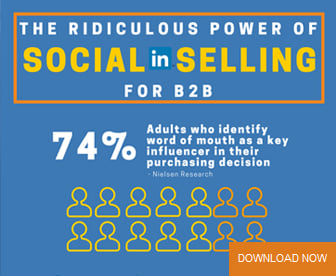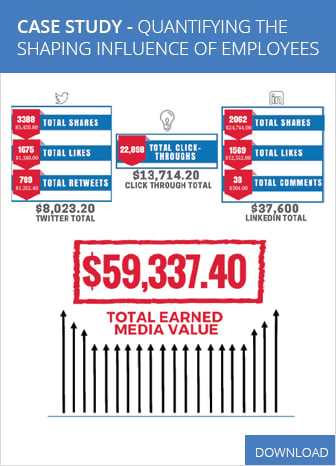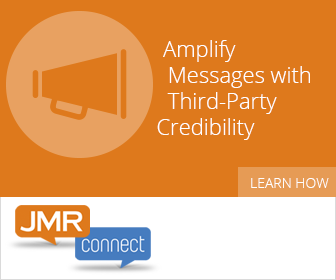New Guidance Calls for Clarity in Influencer Marketing
The growing move toward using influencer marketing is bringing with it more than a little concern about the practice. Some are concerned that, eventually, users will no longer know what is an influencer's actual opinion and what was bought and paid for by a company. That's led the Committee of Advertising Practice (CAP) to issue new guidelines urging both sides of the influencer coin to be as clear and honest as possible about sponsored content.
Mostly the new guidance targets affiliate deals, those measures where an influencer is paid based upon the number of clicks to a link of some kind found either within or nearby the actual content. CAP notes that an influencer's followers should be deliberately made aware of the sponsored content, and that both brands and influencers should know about the various “technical quirks” involved with different social media platforms.
Additionally, CAP calls for users to specifically add warning data just ahead of the actual content, and that any link that is affiliated in nature should be clearly marked as such. Finally, CAP also recommends making note of the various opportunities to tell people that content is sponsored, such as adding the word “ad” somewhere in a photo on Instagram.
CAP's director Shahriar Coupal commented, “This new guidance helps affiliates and brands understand the importance of being upfront and clear with consumers, so people are not confused or misled and understand better when they’re viewing advertising rather than editorial content.”
Most influencers already use such strategies; Buzzoole chief executive Fabrizio Perrone noted that “any influencer worth their salt already abides by the rules around disclosure,” further noting that brands and influencers alike recognize the value of authenticity, and that disclosure maintains that value.
It's not hard to understand why the CAP wants these guidelines in place; we all want to know when we're being advertised to. Reducing it to a series of tick boxes, however, doesn't help the authenticity that influencer marketing is striving for one bit. Having to break into the natural flow of a video presentation to issue some nanny-state guidance that “THIS IS A SPONSORED VIDEO” doesn't really help anyone. You can already see similar impact yourself; did you enjoy seeing that big block of caps-locked text right in the middle of a paragraph?
Given that advertisers already understand that influencer marketing's value is in its authenticity, disclosure of some form will likely be taking place fairly routinely. Watchdog groups, meanwhile, really should back off; the influencers are already defending the honesty of their material. There's no call to forcibly compromise that authenticity to notify users how authentic they are according to government mandate.
Edited by Alicia Young











